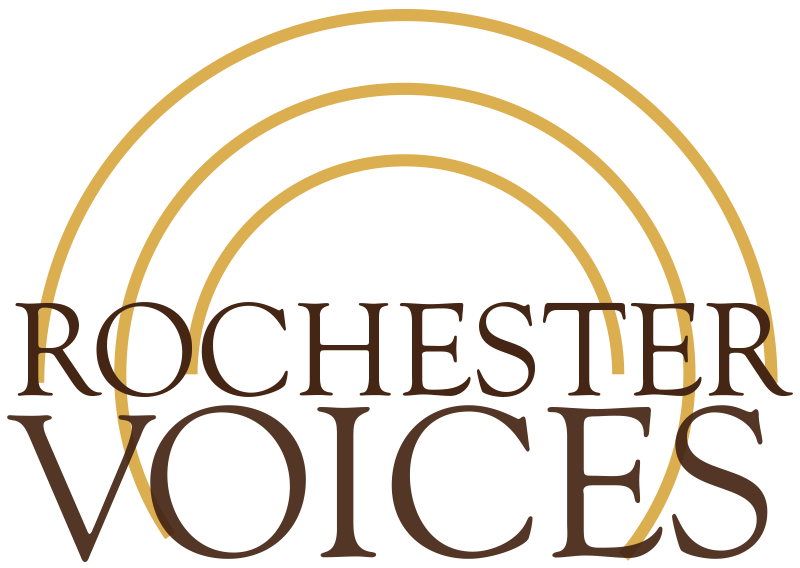Interview, William Hall
William Hall (1929-2006) was born in Oviedo, Florida, to a poor farming family. His father earned less than $20 a week and the family often worked as migrant laborers, living in abandoned structures without electricity. As a child, Hall attended segregated schools. He graduated from high school in Orlando and was soon drafted into the United States Army, where he served for two years and became a Corporal. Hall came to Rochester in 1953, but had difficulty finding employment because of his color. He worked as a janitor for the McCurdy Company before getting a job as a steel chip collector at Rochester Products. Hall married a childhood sweetheart, Betty Hill, but she passed away after just two years of marriage and he remarried in 1957. He and his second wife, Bernice Cubie Hall, had four children. In 1959, Hall enrolled at the Rochester Institute of Technology, graduating in 1963 with a degree in business administration. His first job after college was as an Administrative Management Trainee at IBM. In 1965, Hall left IBM to work full-time managing the job training program at the Urban League of Rochester. He went on to work for Xerox before becoming the Executive Director of the Baden Street Settlement, a position he held at the time of this interview. Hall attended the Aenon Baptist Church and was active in a variety of community organizations. He passed away on March 12, 2006.
In this interview Hall talks about growing up poor in the South, his work with black activist groups, and conditions for African Americans in Rochester. Hall remembers that growing up, the schools were segregated and black children had to walk miles to school while the white children were bussed. He reflects on the inequality between black and white schools and reports that there was no high school for black students. Hall explains that as migrant laborers, he and his family lived in abandoned homes and old chicken houses while they worked the fields in Florida, North Carolina, and New Jersey.
Hall discusses how he has worked with the local chapters of the National Association for the Advancement of Colored People (NAACP), the Congress of Racial Equality (CORE), FIGHT (Freedom, Integration/Independence, God, Honor, Today), and the Urban League to improve opportunities and conditions for African Americans in Rochester. He recalls the NAACP’s positive impact in Rochester and how a related organization called Project Unique demonstrated the ways in which living conditions and environment shape how children learn. Hall explains that when he first came to Rochester, blacks faced challenges with drugs, a lack of education, and few housing and employment opportunities. He feels the situation has improved over time and he praises projects like the Hanover Houses and the Baden Street Settlement for helping black families and youth in the community, although he notes that these projects need more volunteers. Hall ends by saying that black politics have historically been problematic in Rochester and he hopes a stronger black caucus will arise.
